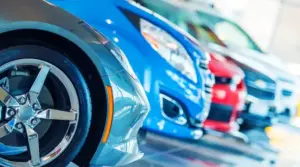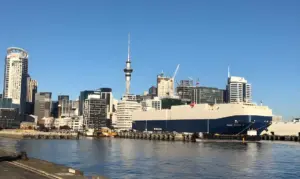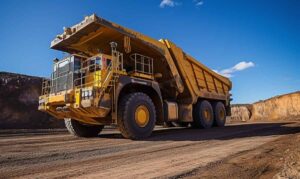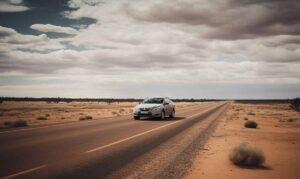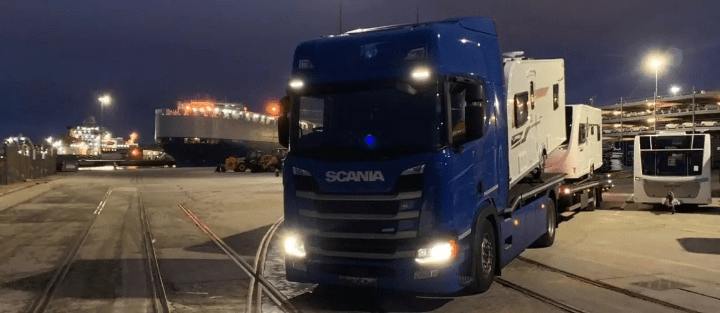
A motorhome is identified when any kind of motor vehicle is specifically designed to incorporate living amenities, cooking facilities and accommodation. A motorhome is described separately to a caravan or camper trailer as both a caravan and camper trailer, neither have a vehicle motor on the same chassis.
Due to shipping requirements there are some guidelines that do need to be met, these are listed within the “Motorhome, caravan and camper policy” which will outline what requirements need to be met to transport the item.
In the scenario that you cannot meet the policy as listed, we are certainly still able to assist you with moving your Truck, Bus and Motorhome, however, this will be by road freight.
Motorhome, Caravan and Camper Policy
This policy applies to units that have purpose built sleeping and/or kitchen areas.
- The inside of the unit being shipped must appear empty. All items are to be securely fixed or stowed in storage spaces and all storage spaces must be accessible and not locked.
- Shipper to supply a full list of items being shipped.
- All items are to be clean and free of mud or debris. This includes and not limited to clothing, shoes, bed linen and any sports and recreational equipment.
- All units/articles must adhere to WWL clean cargo policy.
- Gas cylinders are not preferred and only allowed if they are securely fixed and accompanied with a valid up-to date gas free certificate, which must be attached to the cylinder.
- Units are to be kept locked whilst on the terminal.
- Units to be surveyed at POL and/or POD at shippers cost.
- As per B/L instructions WWL will not be liable for personal belongings.
- The shipped contents of the motorhome is to be what is expected in the use of said motorhome. i.e. not to be used for exporting goods for resale etc.
In preparation for loading and unloading motorhome, caravan or camper, we also need confirmation on the following:
- Coupler and King Pin size for trailer
- Strength of Trailer Stand
- Special care (Air break etc.)
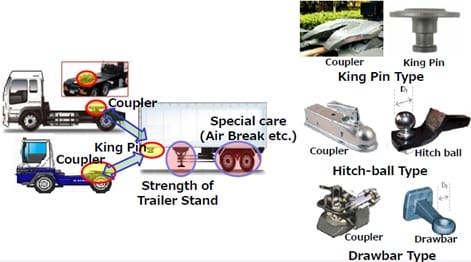
What can Remain in the Camper/Motorhome During Transport
Kitchen Equipment
- Dishes (like plates, glasses, cups)
- Cutlery
- Pots, pans, strainer
- Can opener, spatula, etc.
- Tupperware containers, freezer bags
- Cooker
- Kitchen roll, trash bags
- Dishpan, sponge, dish brush
- Gas cylinders (securely fixed) only with accompanying recent gas free certificate.
Bathroom equipment
- Towels
- Hair dryer, shaver etc
- Toothpaste, Shampoo
- Hygiene products (diapers, tampons)
- Toilet paper, wet wipes
- Installed kitchen appliances (like oven, microwave, dishwasher, washing machine)
Bedroom Equipment
- Beddings & sheets
- Pillows
- Mosquito net
Personal belongings
- Clothes & shoes
- Books, pens
- Card- & board games, toys
- Child seat
- Bicycle if it is firmly fixed
- Musical instruments (like guitar)
Sports Equipment
- Scuba diving equipment (Do NOT include air bottle)
- Skiis, Snowboards, water skiis etc.
Camping equipment
- Camping chairs, -table
- Picnic blanket
- Grill
- Flashlight, binoculars
- Road maps, atlas
- Water hose, empty water canisters
- Axe for firewood
- Cable reel, extension cord
- Adapters, multiple socket
- Portable toilet (clean & empty)
- Tent
- Sleeping Bag
Salvage & repair equipment
- Spare tires (max. 4), tire repair kit – No chemical repair kits allowed
- Spare parts (only for private use)
- Jacks
- Tool box
- Shovel
- Duct tape
- Wheel chocks
- Salvage equipment (like ropes, chains, winches, belts, sand ladders)
- Ladder
- Compressor – only factory fitted
- Fire extinguishers (Securely fixed)
What Must be Removed from Caravans and Motorhomes During Transport
The following items cannot be transported with caravans and motorhomes and must be removed.
- Weapons and ammunition
- Drugs and medicines
- Perishable goods, plants, any food, spices, etc.
- Flammable and hazardous substances (like spray cans)
- Fuels and lubricants
- Electronic devices (like printers, cameras, computers, iPads etc)
- TVs, navigation devices, DVD’s, etc. exception: of fixed ones and radios
- Cleaning supplies
- Oil canisters
- Spare Lithium batteries
Propane Tanks and Other Gas Tank Policies
Vehicles and other units equipped with a propane tank or other gas tank can only be accepted when the tank is an integral part of the vehicle used to power the engine.
Supplementary gas tanks (not being the sole means of propulsion) must be emptied and certified before the cargo is received.
A shut off valve must be fitted to the tank and be in the closed position.
Loose tanks such as those used for gas stoves or barbeques will not be accepted and must be removed are not preferred and only allowed if they are securely fixed and accompanied with a valid up-to date gas free certificate, which must be attached to the cylinder.

